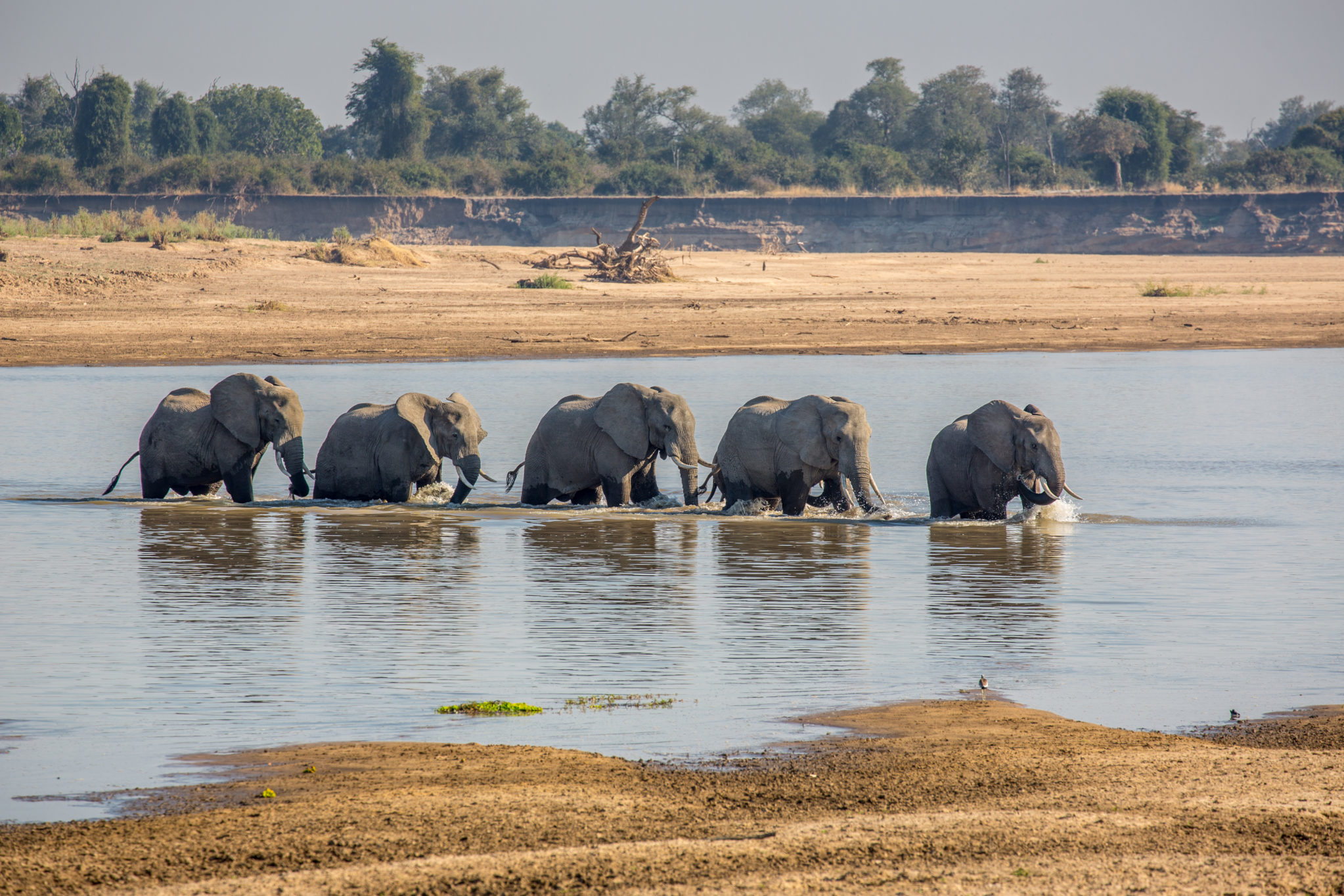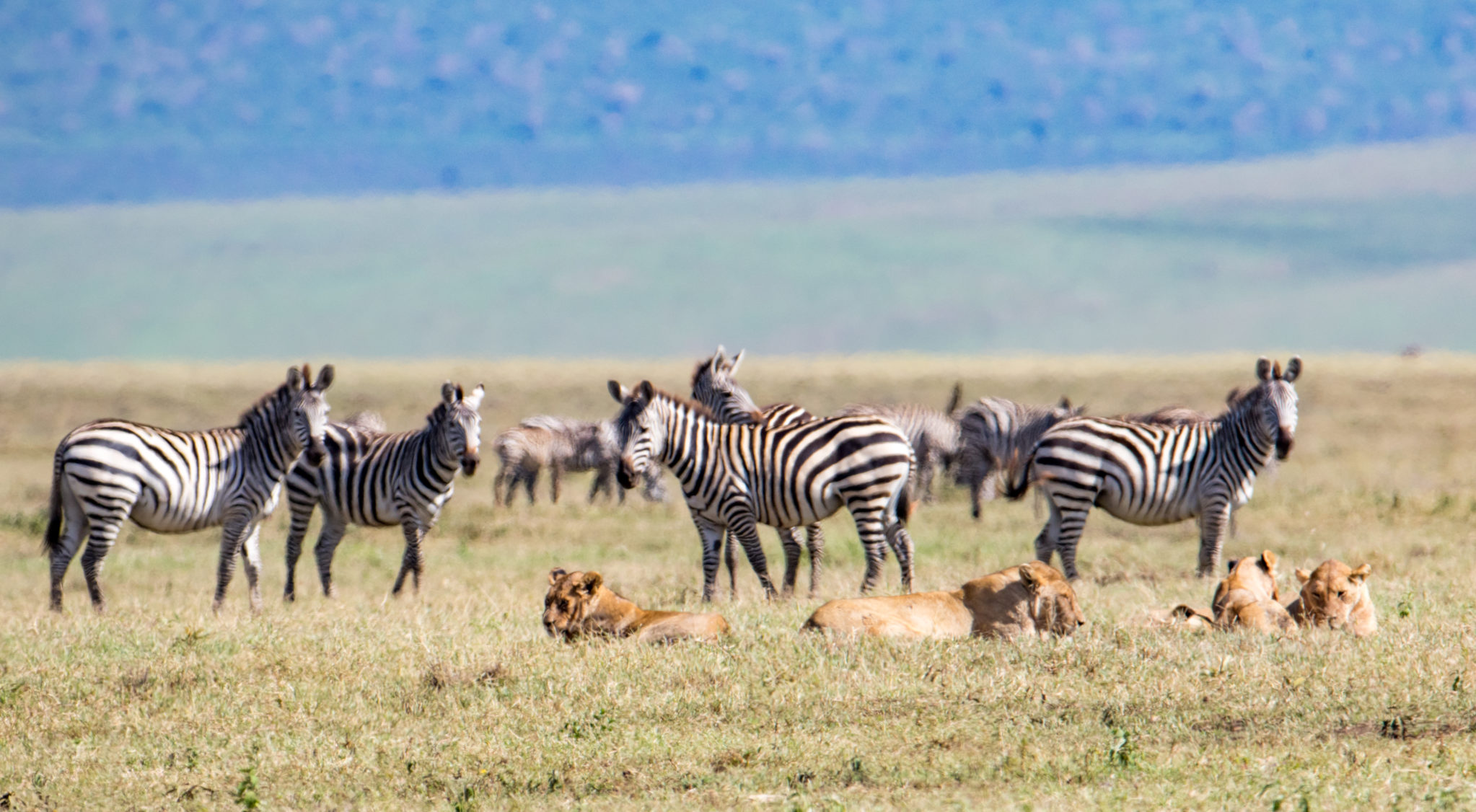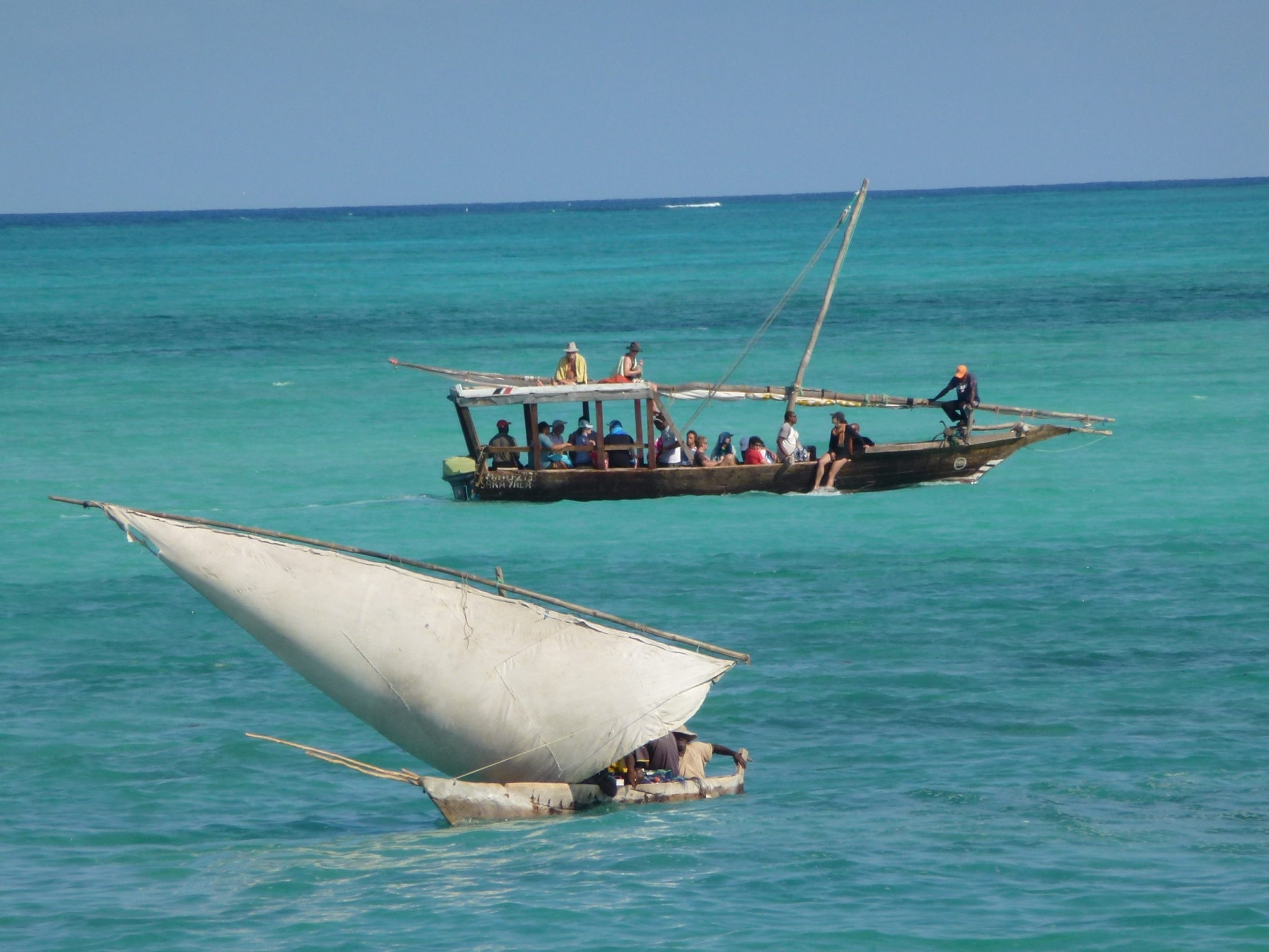The best time to travel to Africa
When is the best time to travel to Africa? This is one of the questions we get asked the most here at Encompass Africa.
The great news is, Africa is essentially a year-round destination. Because it’s so vast, with so many different climates, landscapes, wildlife, and experiences, it means you can always have an outstanding African getaway, no matter what time of year you travel.
Every season provides opportunities for witnessing different aspects of the wonder that is Africa. It’s just a case of matching up your holiday wishes with the right locations and times.
You wouldn’t want to book a beach holiday in Seychelles during cyclone season, for example, or a once-in-a-lifetime trip to see the Great Migration in Tanzania months after the animals have all disappeared to Kenya!
Scroll down for more…
Wet or dry season?
Because Africa is so huge, it means the weather varies enormously. Think of the weather in Australia – if you had to describe the climate to a first-time visitor, how could you sum up somewhere that includes the Red Centre, Tropical North Queensland, and the Snowy Mountains? And that’s just for one country – there are 54 in Africa! At Encompass Africa we cover 24 countries in Southern and Eastern Africa, and if we had to really generalise about this part of the continent, we’d say that the climate is warm and sunny, with marked differences between the dry (high) and wet (low) seasons…
The dry season – Generally speaking, this season is cooler and affords the best opportunities for wildlife viewing. This is because water is limited during the dry months of July to September, so the animals congregate around waterholes in huge numbers. As such, the dry season is very popular, and therefore busy (it also coincides with school holidays) and often more expensive.
The wet season – Also known as the “green” season, this is characterised by hotter temperatures and lush, green vegetation. Because water is abundant, it means animals can get their water from multiple other sources, so there’s less congregating around waterholes. This, along with thicker vegetation, makes them trickier to spot.
On the plus side, tracking wildlife on safari can be really exciting, and as babies are usually born during this time, predators are also on the prowl. It’s a myth that the quality of the experience is compromised during low season – it’s just different. It’s also less crowded and tours and accommodation are often cheaper, so for many, it’s the perfect time to travel.
There are positives and negatives about travelling to Africa in both of these seasons – the trick is to find out which one suits your schedule, budget and dreams the best.
Scroll down for more…
A quick guide to regions
Southern Africa – This region, which encompasses South Africa, Namibia, Botswana, Zambia, Zimbabwe, Malawi, Mozambique and Madagascar, generally has a hot, wet, lush summer that runs from November to April (approximately). The cooler, dry season is May to August, with temperatures starting to increase by September.
Keep in mind, some camps are seasonal and close during the main rainy season because the experience is not at its optimum. Water-based activities such as boating safaris and canoeing are not available all-year-round in the Okavango Delta in Botswana. They depend on the annual flooding, which can vary wildly from year to year. Water levels also impact Victoria Falls in Zimbabwe hugely, so timing is everything if you want to see the iconic image of water thundering over the cusp. During the hot months in Southern Africa, it’s roasting hot in the desert by day but cools down significantly at night.
East Africa – This region, which encompasses Kenya, Tanzania, Rwanda, Uganda and Ethiopia, tends to have two dry seasons and two wet seasons. The dry seasons are January to February (when it’s dry and hot, with fantastic game viewing) and July to September (when it’s dry and cool, and the best time to see the river-crossing migration). The wet seasons are October to December (when the bulk of the short, sporadic rains fall) and March to June (the major rainy season, when long rains fall). Some camps a close down during the long rains, (generally from April to June) and you should certainly expect beach properties on Zanzibar to be closed.
Keep in mind, East Africa is famous for trekking adventures to see gorillas and chimpanzees plus climbing Mount Kilimanjaro. While it’s possible to do this all year round, the steep, mountainous rainforests are more easily navigated in the dryer and cooler months. If you want to stay dry while primate trekking, try to avoid the months of March, April, and May when rainfall is usually at its highest.
Scroll down for more…
Key factors to consider
The weather – You’ll want to be comfortable on your trip, so this should be something you consider. Remember that temperatures can vary dramatically depending on where you go, and what time of year you travel.
When you book – The best properties in Africa offer amazing value and rewarding experiences. They’re often also owner-run – and small – and therefore book out quickly. It means we need to book well in advance to secure you space in the most popular spots. School holidays are particularly busy, so if you can only travel during those specific times, we highly recommend you book at least 9-12 months in advance.
Peak travel times – These vary from country to country – and even from region to region within each country – so don’t assume they’re all standard. What is universal, however, is that flights will be the most expensive over Christmas.
High seasons are, of course, the most popular times to travel, but they’re also the busiest and most expensive, so don’t rule out travel during the low seasons.
There are also mid seasons and shoulder seasons – it can get very confusing, so we’re always here to chat!


